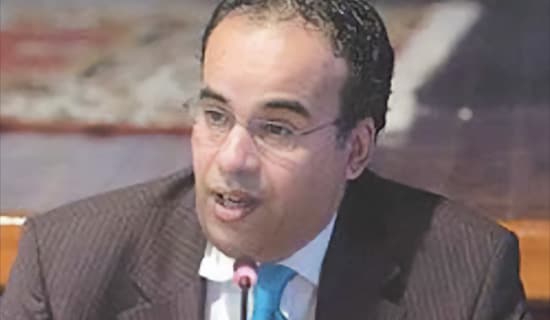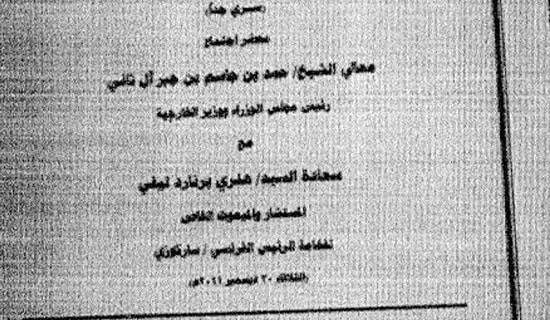In light of the drop in oil prices worldwide, and the reports on the adverse effects this has had on the Saudi economy,[1] former Al-Sharq Al-Awsat editor 'Abd Al-Rahman Al-Rashed wrote an article in which he criticized Saudi Arabia for relying too heavily on its oil revenues. Al-Rashed argued that the easy income from oil has encouraged the Saudi authorities to maintain "slothful habits" such as blanket subsidies for uncompetitive enterprises and substandard education that produces "unproductive graduates." However, since Saudi oil will eventually run out, he said, Saudi Arabia must overcome this "addiction" to oil revenues and start developing alternative sources of income. To this end, he called for reforming the Saudi education system to produce a generation of productive and creative minds, which are currently in short supply, and also for optimizing the services and growth of the state's institutions. If Saudi Arabia fails to do this, he warned, five million students may become a burden on their families. He stated that the oil price crisis may actually be a blessing in disguise for the kingdom if it prompts the Saudis to wake up and address the problem.
The following is the article as it was published in English on the Al-Arabiya website.[2]

'Abd Al-Rahman Al-Rashed (Image: English.alarabiya.net)
Oil Revenue Addiction Produced Sloth
"A difficult financial phase is looming. Oil prices have fallen by more than half, and may continue to fall in the future. This is not the first time - Saudi Arabia witnessed the $12-barrel crisis in 1986 and endured the following unfruitful years.
"Although we have known for decades that oil revenue will one day come to an end [and] we are still hoping to develop alternative revenue sources, it [seems] inconceivable [that this will happen] in the near future. Dependence on oil revenue kept rising with each new budget, until we got tired and stopped thinking about addressing our petroleum addiction. With high oil prices, resources management was easy for bureaucrats. The government's [only] task was to distribute the expected proceeds from oil and its derivatives to hospitals, education, commerce, and the import of livestock and wheat. It subsidized cement, iron, gasoline, soft drinks, textbooks and sports clubs. It also handed out stipends for university students. As long as there are oil buyers, bureaucrats do not need to overwork themselves; it is just an accounting issue. However, similarly to addicts, these doses will not be enough for them one day.
SUPPORT OUR WORK

"Spending on good education will engender productive men and women, and contribute to national resources. Unproductive graduates drain the country's resources. Money is supposed to be invested in building viable industries after the fall of oil resources. However, the majority of industries get subsidized electricity, water and fuel. They are all managed by cheap imported workforces, and the owners will close shop after government aid stops.
"With low oil prices, the country will not be able to afford foreign workers and drivers. This is a positive result because most of the richest and most-advanced countries do not have our slothful habits."
With Good Creative Management The Problems Can Be Tackled
"The real challenge facing the government is bigger than that; it must find additional financial resources. It will require the government to appoint creative minds. It will also [require] good management that is able to [work] miracles, reduce costs and explore additional resources. The country has a promising future as the banks are full of people and companies' funds. However, they do not know how to invest their money.
"Regardless of the oil-revenue decrease, we are optimistic about the government's reserves and [about] private financial resources. Nevertheless, it is a tough mission. Without education reform and orientation toward productive activities, 5 million students will become a burden on their families. If we do not prompt changes in state institutions, optimize their services and manage their growth, this big elephant - bureaucratic government - will remain tired and drained for a long time. The drop in oil revenues is not so bad because we need a shock to wake up and see the world around us. We should anticipate the biggest shock and correct our track. This is the right time to do so."
Endnotes:
[1] According to reports, the Saudis have had to use cash reserves and even borrow to compensate for the budgetary shortfall (Ft.com, July 12, 2015). Furthermore, this past year two major rating agencies cut the kingdom's credit rating outlook (Bloomberg.com, February 9, 2015; Reuters.com, August 23, 2015).
[2] English.alarabiya.net, August 21, 2015. The original English has been lightly edited for clarity. The Arabic version of the article was published in Al-Sharq Al-Awsat (London), August 21, 2015.




